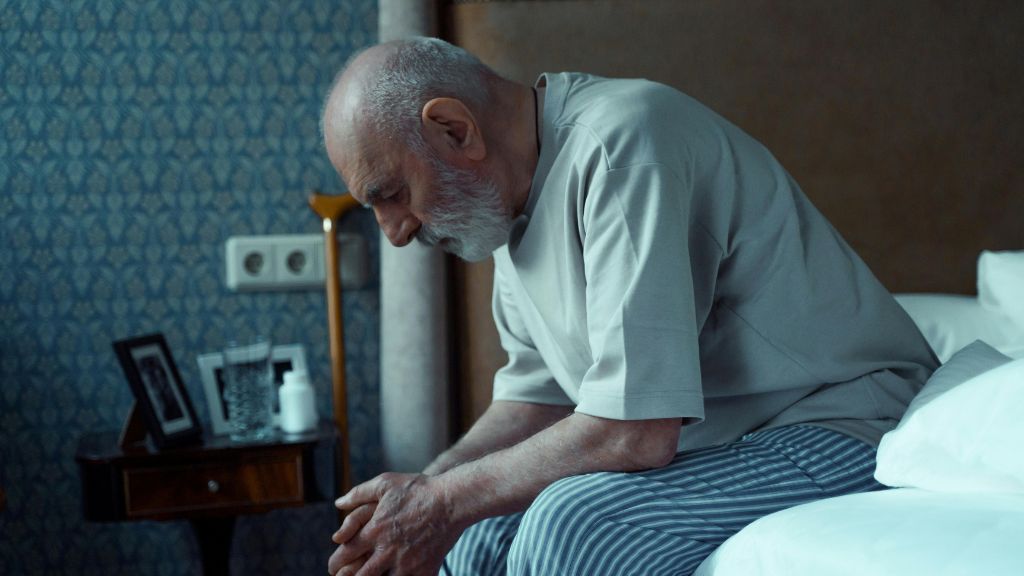Brits fear mental health effects of moving into a care home

A study has shown that many members of the British public fear the mental health impact of leaving their long-term family homes, but feel that moving into a care home is “inevitable” sooner or later.
A new study of 2,000 homeowners in the UK commissioned by live-in care provider The Good Care Group, in collaboration with OnePoll, has revealed the profound emotional connection people have to their homes, with the majority (65%) saying they have an unbreakable connection to it while over a third (41%) consider their property to be ‘crucial’ for their mental health.
However, despite this deep attachment, a third (30%) believe transitioning into a care home is inevitable, suggesting viable alternatives of live-in care are either unfeasible or are being overlooked.
The study found that for over half (56%), the home represents “irreplaceable” memories, it is where their children grew up (36%) and where happy moments have been enjoyed with their partner (37%).
The time spent making their property “just right” is also a key reason for the strong attachment people have to their homes, whether that’s hanging pictures of loved ones on the walls (45%) or creating a relaxing garden space (35%).
Over half (58%) said they would be “devastated” if they had to move away to somewhere else.
However, the study also found that the majority of people (67%) are unaware live-in care for older people is an option, highlighting a significant gap in awareness that could support people to maintain their independence as they age.
Darren Kennedy, managing director of The Good Care Group, said: “Almost all of us have spent our entire lives living in just a handful of homes, bringing up families, being brought up by our parents and growing up with siblings along the way.
“We are incredible at making attachments to things, whether that’s pets, the wallpaper, memorable objects or the view of the garden.
“Our homes are where we have spent thousands of hours, filling them with material things that are precious to us, as well as irreplaceable memories.”
The news comes as record numbers of people are waiting for planned care and treatment, with over seven million people on elective care waiting lists in June 2023. The Care Quality Commission (CQC) has said that many end up having to go to hospital due to a lack of other viable options.
The new Labour government is promising free social care via a National Care Service, and ministers are currently considering a cross-party royal commission on elderly care, originally worked on by the Blair government, but which was dropped due to costs.
Amid fears that plans will continue to be delayed, both the sector and individuals are calling for increased clarity on the funding options to address the issue of people being unable to stay at home into their old age.



